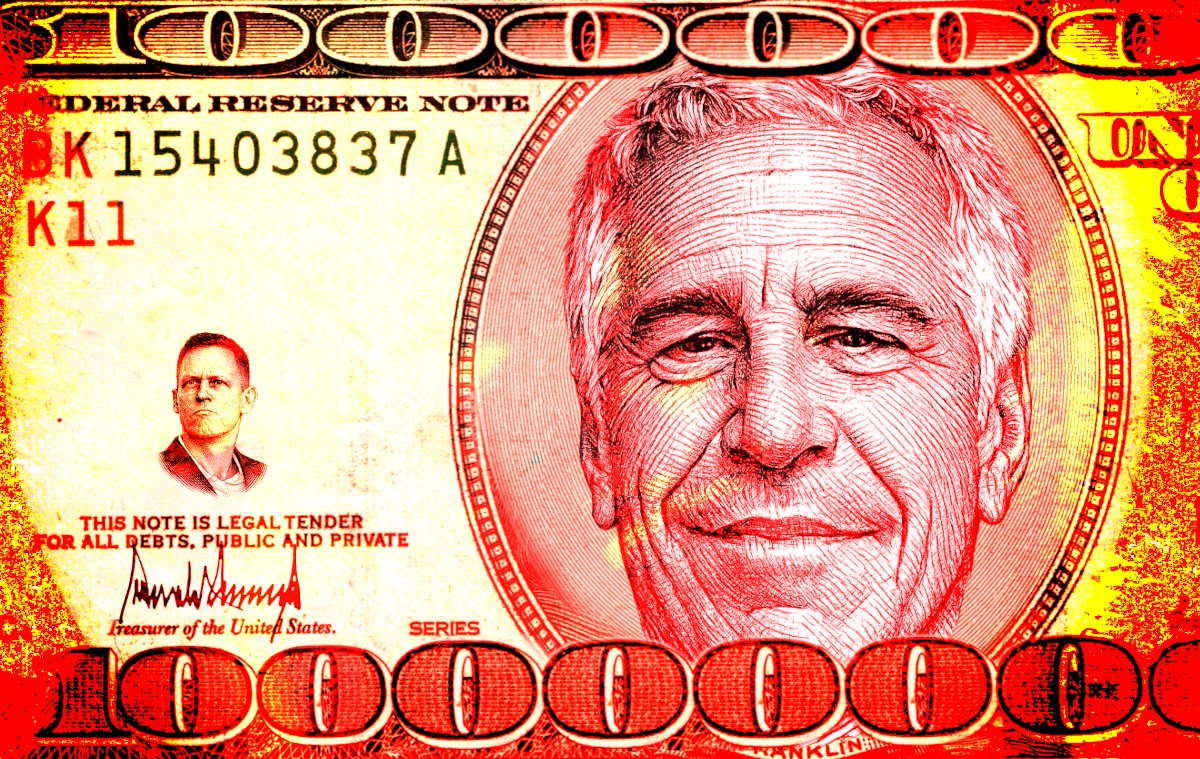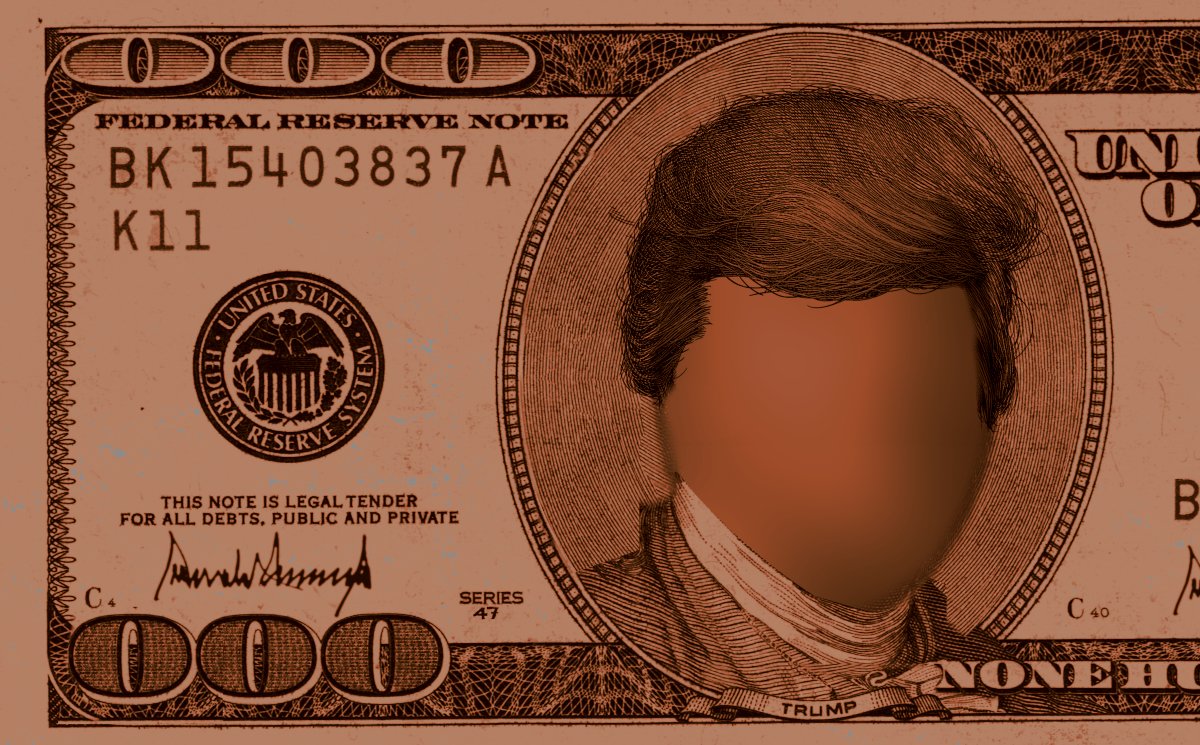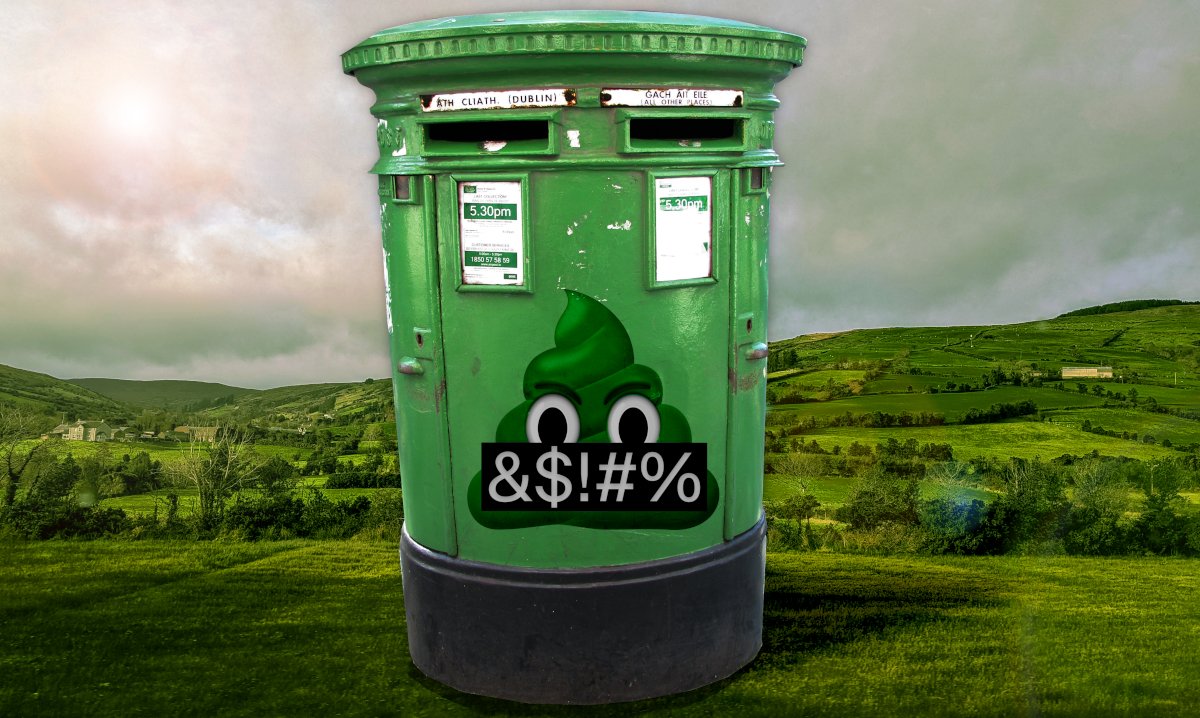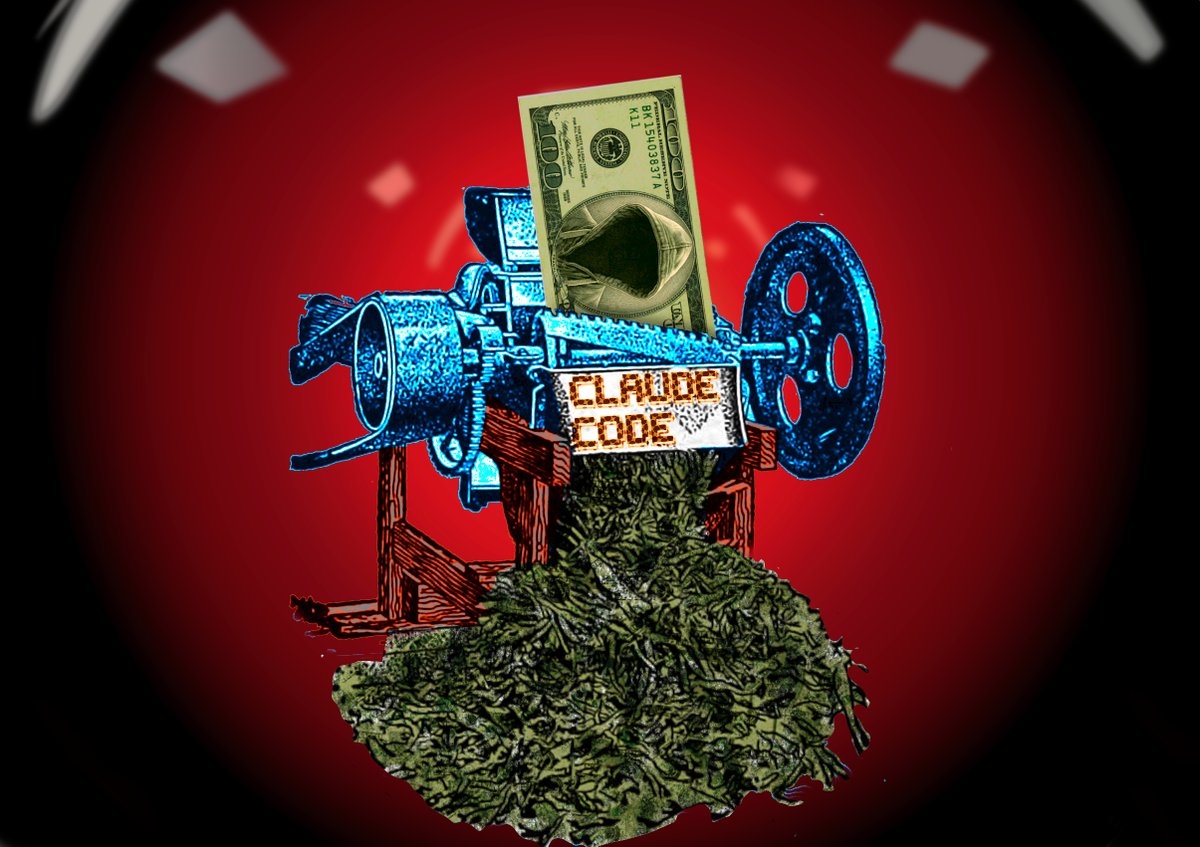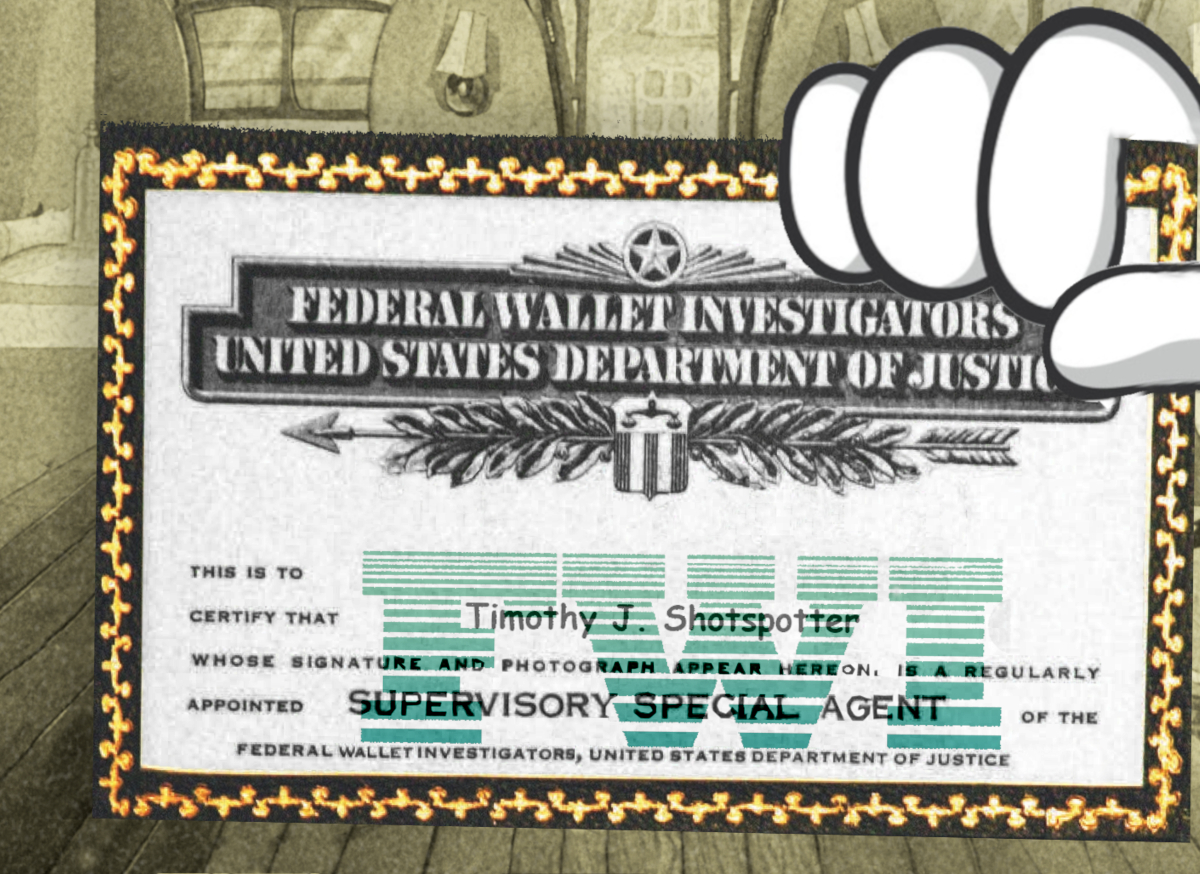The #Fincen leaks are the latest finance corruption megaleak, following #ParadisePapers (2017), #PanamaPapers (2016), #SwissLeaks (2015), #Luxleaks (2014). It's a trove of 2100 "Suspicious Activity Reports" (SARs) from the US Treasury's Financial Crimes Enforcement Network.
1/
1/
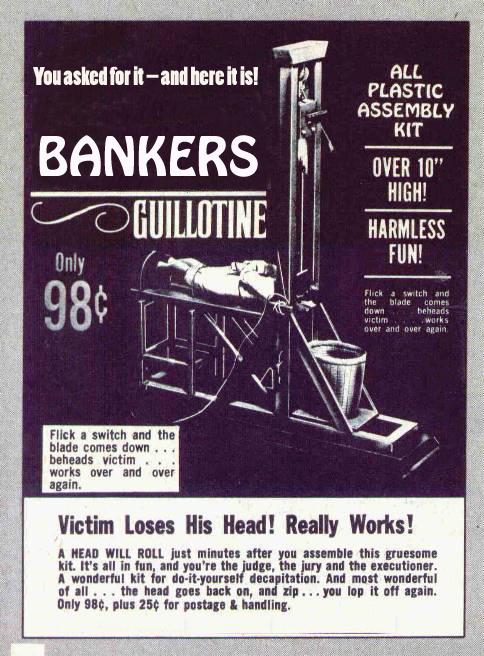
The reporting on the leaks was shared among multiple journalism orgs, including @BBCPanorama, @Buzzfeed, and more than 100 other orgs in 88 countries, coordinated by the @ICIJorg, whose master report is a key to the whole leak:
icij.org/investigations…
2/
icij.org/investigations…
2/
Here's the nut: the world's largest banks knowingly laundered billions of dollars for the worst criminals, looters and oligarchs in the world. The financial regulators knew they were doing it.
3/
3/
Many had paid billions in fines and avoided criminal prosecutions for earlier misdeeds and continued to facilitate the flows of vast, illicit fortunes on behalf of brutal criminals and dictators, including many who were under sanction.
4/
4/
The US government knew. The banks knew. Neither acted to stop it. The banks made a fortune for their trouble. I mean, we could just end it there, but the details matter.
5/
5/
Start with the largest bank in the US: @chase. Jpmorgan knowingly laundered money for looters from Venezuela and Ukraine and helped launder the billions stolen from Malaysia through the #1MDB scam - $1B of that money passed through JPM's fingers, and they knew it was dirty.
6/
6/
They also laundered millions for Paul Manafort - AFTER he'd been forced to resign over money-laundering accusations. The volume of criminal money flowing through JPM INCREASED every year, even as it paid fines in 2011, 2013 and 2014 for money laundering.
7/
7/
JPM told the ICIJ that it plays a "leadership role" in "proactive intelligence-led investigations" and developing "innovative techniques to help combat financial crime."
(ok looter)
8/
(ok looter)
8/
Other banks engaged in criminal money-laundering: @HSBC, @StanChart, @DeutscheBank and @BNYmellon.
The leaks only represent 0.02% of SARS, and document $2 TRILLION in dirty transactions between 1999-2017, with $1.3 TRILLION at Deutschebank alone.
9/
The leaks only represent 0.02% of SARS, and document $2 TRILLION in dirty transactions between 1999-2017, with $1.3 TRILLION at Deutschebank alone.
9/
Treasury stonewalled ICIJ, but announced that it was seeking public comment "on ways to improve the US's anti-money laundering system."
10/
10/
The reporting not only encompasses the leaked SARs: the media orgs on the job analyzed 17,600 other docs: leaks, court files, FOIA docs, and interviews with experts.
11/
11/
Here's what the banks did: "blindly moving cash through accounts for people they can’t identify, failing to report transactions with all the hallmarks of money laundering until years after the fact, doing business with clients enmeshed in frauds and corruption scandals."
12/
12/
This activity took place while banks like HSBC were ALREADY ON PROBATION for other money-laundering crimes. HSBC says it is now "a much safer institution."
13/
13/
Much of the $2T flowed through secrecy jurisdictions - not just the BVI, but also the City of London, Wyoming/Nevada/Delaware, Cyprus, HK, the UAE, Switzerland and Russia - places where companies can have anonymous owners and beneficiaries.
14/
14/
ICIJ traces some of this cash to terrorist orgs, sanctioned individuals in Iran and the former USSR, etc.
JPM laundered more than $1b for a mysterious company called ABSI Enterprises, believed to be a front for Russian mafia boss-of-bosses Semion Mogilevich.
MORE THAN $1B!
15/
JPM laundered more than $1b for a mysterious company called ABSI Enterprises, believed to be a front for Russian mafia boss-of-bosses Semion Mogilevich.
MORE THAN $1B!
15/
The Treasury deputizes banks themselves to fight laundering, giving the largest banks responsibility to catch criminals. Instead, these banks used their privileged position to exact fees from crooks in exchange for keeping schtum!
16/
16/
Meanwhile, the ACTUAL compliance officers at the big banks are marginalized and underfunded: "overworked, under-resourced staffers, who typically work in back offices far from headquarters and have little clout within their organizations."
17/
17/
"Documents in the FinCEN Files show compliance workers at major banks often resort to basic Google searches to try to learn who’s behind transfers involving hundreds of millions of dollars."
18/
18/
Which means that banks can only figure out if they're laundering money for a monster if that person is already in the news - and usually, that happens AFTER the money has winged its way to some other far-off destination.
19/
19/
Meanwhile, the money people AT THE BANK go to great lengths to keep their own compliance people from busting them, like Standard Chartered, where bankers used aliases so payment from sanctioned criminals could go through.
20/
20/
Some of the dodges used to disguise the true owners of money laundries are hilariously amateurish, and the only thing worse is how long they were overlooked by the regulators who were supposed to be preventing them.
21/
21/
For example, the UK's Companies House - the corporate regulator - allowed a couple of anonymous companies in the British Virgin Islands to be listed as the owners of HUNDREDS of UK companies, all housed in a vacant former nail bar in Wales.
22/
22/
One of these companies, Novirex, funneled gigantic sums via obviously fraudulent payments, such as $400k for "knee boots" from Hong Kong, millions in all, while booking $2500/yr in revues, with the help of Jpmorganchase.
23/
23/
JPM had a financial partnership with the Latvian bank ABLV, a laundry for Russian criminals, whose own compliance department rated 90 PERCENT of its customers as "high risk." They moved billions, with the help of JPM.
24/
24/
This was on Jamie Dimon's watch, when the division that did these dirty deals ballooned to $4.13b/year. Novirex was the laundry that Paul Manfort used to do his own financial crimes. JPM laundered at least $230m for them.
25/
25/
Then there's HSBC, long one of the world's most unapologetic criminal banks. The leaks reveal HSBC's before/during/after the fact involvement in the World Capital Market Ponzi scheme, which bilked poor people from the world's poorest places out of $80m.
26/
26/
While WCM was under investigation in THREE countries, while HSBC was STILL ON PROBATION for laundering money for the mass-murdering Mexican narco cartels, it kept WCM's account active and allowed $7m to be emptied out of it.
27/
27/
Just part of $900m in shell-company-linked anonymous transactions HSBC cleared for the world's crime-lords and dictators.
Indeed, all 5 of the worst culprits in the leaks had taken "deferred prosecution deals" - probation for earlier crimes, which they continued to commit.
28/
Indeed, all 5 of the worst culprits in the leaks had taken "deferred prosecution deals" - probation for earlier crimes, which they continued to commit.
28/
Like Bank of NY Mellon, which laundered $1.3b for Putin ally and mafioso Oleg Deripaska. Or Deutsche Bank, which moved $11b for Deripaska.
29/
29/
And all five banks laundered money for Ukrainian oligarch/wanted criminal Dmytro Firtash - while telling Treasury that they were cracking down on financial crime. JPM laundered $2b for Firtash.
30/
30/
The leaks reveal what we've known all along: a fine is a price. The banks were fined billions. They made hundreds of billions, and laundered trillions. Fine 'em billions more, and they'll just absorb it as the cost of doing business.
31/
31/
The stiffest penalty ever paid by a bank - $8.9b to France's BNP Paribas, a criminal conviction, 13 staffers forced out - resulted in its share price going UP, because the deal allowed to to resume US dollar trading after one year.
32/
32/
Deutsche Bank paid $258m in fines for violating sanctions, announced it had cleaned house, and (the leaks reveal) ONE MONTH LATER started plans to launder money for Ukrainian oligarch Ihor Kolomoisky - $240m in all.
33/
33/
Deutsche Bank now says it had "past weaknesses," has "learnt from our mistakes" "systematically tackled" the issues and "we're a different bank now."
Who the fuck believes this bullshit?
34/
Who the fuck believes this bullshit?
34/
The US Treasury's financial crimes enforcers, for one.
These companies shouldn't get deferred convictions. The individuals who perpetrated these crimes, and the executives who signed off on them, should face criminal persecution.
35/
These companies shouldn't get deferred convictions. The individuals who perpetrated these crimes, and the executives who signed off on them, should face criminal persecution.
35/
They should forfeit all their assets. The banks should be broken up - and broken up again, and again and again - until they are small enough that no one can claim the organization was too big to effectively police.
36/
36/
This is not the first, or second, or third, or fourth set of finance leaks that reveals that the "finance industry" is a literal, non-metaphorical, non-hyperbolic global crime syndicate.
37/
37/
But it is the first set of leaks that details just how well that fact is understood by government financial regulators, and exactly how unbelievably bad they are at their jobs.
38/
38/
I say "unbelievable" because only an idiot would believe that anyone is this bad at their job. "Once is happenstance. Twice is coincidence. The third time it's enemy action." This isn't incompetence.
It's complicity.
eof/
It's complicity.
eof/
• • •
Missing some Tweet in this thread? You can try to
force a refresh


